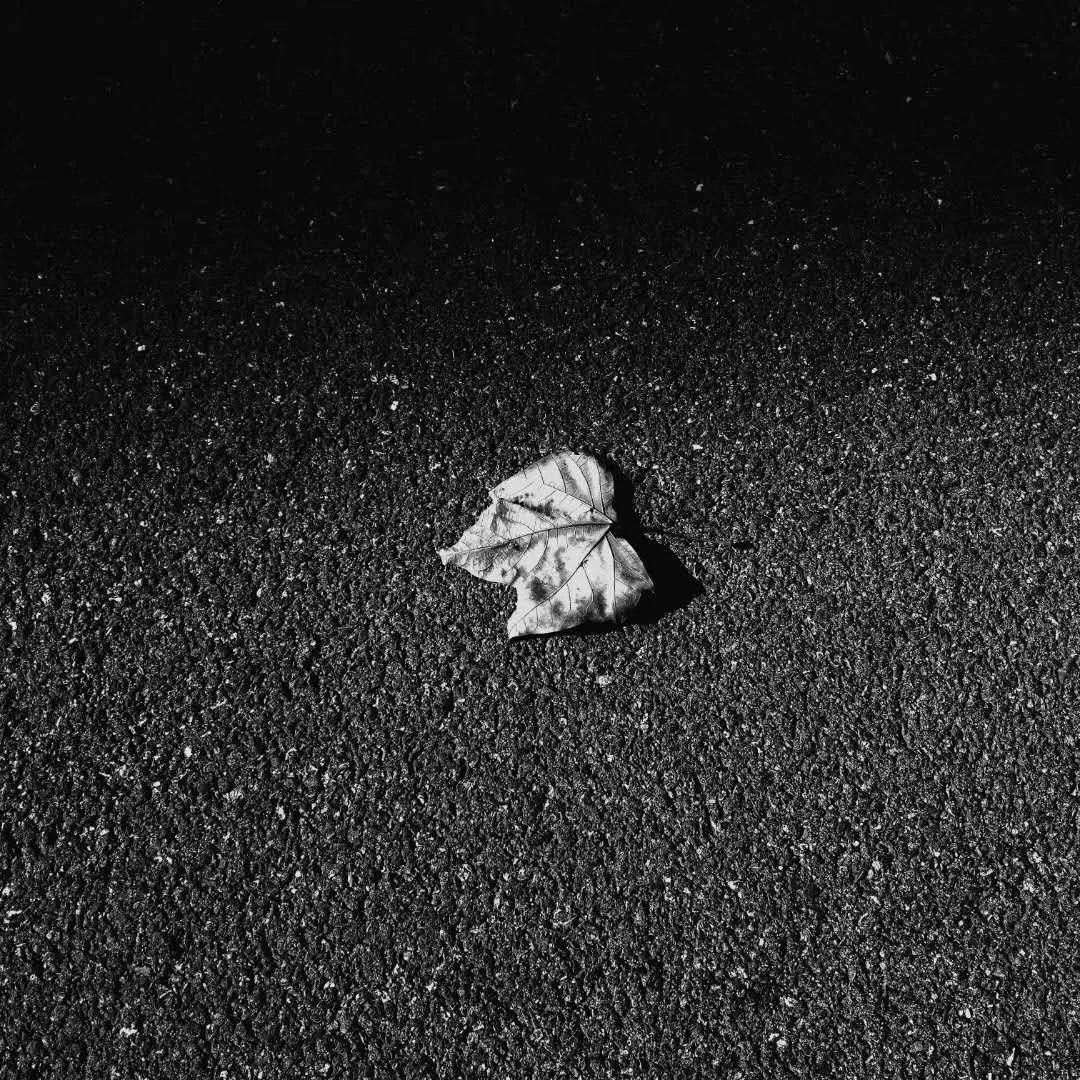The French parliament recently passed the main content of the anti-pollution and circular economy bill.
The new bill sets out quantitative targets for banning disposable plastic products and reducing plastic pollution. It plans a roadmap for the complete ban on disposable plastic products: by 2024, it will completely ban the use of disposable plastic packaging and by 2025, it will achieve 100% plastic recycling. , By 2030, reduce the sales of disposable plastic bottles by half.
To achieve these goals, the French government has introduced new regulations for plastic producers.

At present, 15 industries in France follow the "polluter pays" principle, that is, companies provide certain funds for the treatment of waste generated during the production process. According to the new regulations, starting in 2022, the principle will be further extended to industries such as building materials, toys, sports and leisure products, decoration and garden supplies.
The new regulations also require producers to indicate on the product whether the product can be repaired, and indicate the information about the accessories needed to repair the product, providing a reference for subsequent product recycling. The new regulations will bring a series of changes to consumers' daily lives.
Since January 1, this year, the sale of some disposable plastic products has been banned in France, including plastic household disposable cotton swabs, disposable plastic cups and plates.
The new law stipulates that plastic packaging or disposable tableware will be banned from fast food restaurants for meals starting from January 1, 2023. Consumers can use their own containers to buy meals. In addition, printing of shopping slips will be phased out.
The announcement by the French Ministry of Ecological Transformation and Solidarity shows that the new bill will not only help France promote green consumption patterns, but also make France make greater contributions in promoting the implementation of the goals of the United Nations 2030 Sustainable Development Agenda.
"This bill will change our production and consumption patterns and put an end to France's dependence on disposable plastic products." Said Brunet Poisson, State Secretary of the French Ministry of Ecological Transformation and Solidarity. Participate in France's ecological transformation process to reduce waste generation and greenhouse gas emissions. "
There are also some French people who are skeptical about whether the new bill can really be implemented. Statistics show that France produces an average of 2.2 million tons of plastic per year, and only 25% of the total plastic is recycled each year. This is still far from the goal of 100% plastic recycling in 2025.

Laurent Radisson, a columnist for the French "Contemporary Environment" website, believes that France ’s comprehensive promotion of the "plastic limit order" upgrade can greatly reduce the generation of plastic waste, but to complete the goals proposed by the new bill on time, it is urgent to establish a more comprehensive Plastic recycling mechanism.
From the previous "everything can be discarded" to "everything can be reused", the cost of materials and manpower, and how to guide the people to achieve a profound change in the way of life, have tested the French government and related institutions Planning and action.
<Get recycling , professional supply plastic recycling solutions ,http://www.get-recycling.com/>
<PET bottles recycling solution , http://www.get-recycling.com/solutions_show.asp?id=12>
<HDPE/PP bottles recycling solution , http://www.get-recycling.com/solutions_show.asp?id=11>
<LDPE film recycling solution , http://www.get-recycling.com/solutions_show.asp?id=8>

